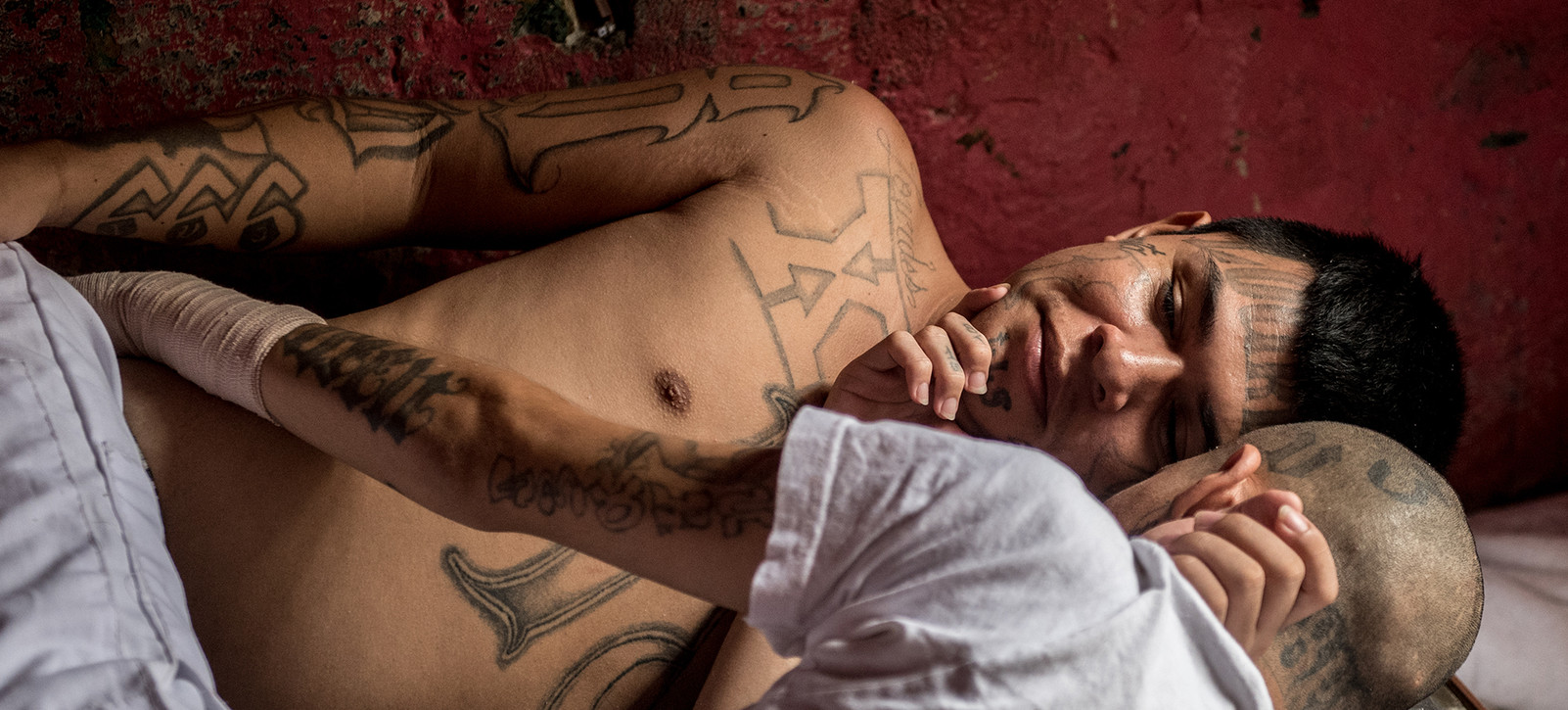
The documentary “Unforgivable” will be released to the public on February 5th through El Faro. The film will be available through the Vimeo On Demand platform until the 8th of the same month, where it can be rented online for $ 3.99.
“Unforgivable” is the first Salvadoran film to be qualified for an Oscar nomination; It received the Best Short Documentary Film Award at three major film festivals in Canada, Mexico and the Netherlands, and is part of the official selection of 12 other festivals in America, Europe and Asia. It was chosen from the 10 Best Short Films of 2020 by the International Documentary Association.
In January 2021, he won the Best Short Documentary Award at the POY Latam Awards, which celebrate the best of visual journalism in Latin America. At the same award, director Viñayo was voted “Ibero-American Filmmaker of the Year”.
The film is currently in the first phase of judging by members of the Academy of Motion Picture Arts and Sciences, which hosts the Oscars. In order to be included in the list of films eligible for this recognition, the Academy requires short documentaries to have won their category award at at least one of the accredited festivals known as “Oscar winners”. Unforgivable won three such festivals: the Hot Docs Canadian International Documentary Festival, held in Canada; the Guanajuato International Film Festival, in Mexico and the International Documentary Film Festival Amsterdam, in the Netherlands, the latter being considered the most important documentary film festival in the world.
The list of countries where the film can be rented does not include Spain and Australia, where the film participates in film festivals that currently limit the local exhibition.
On February 5, from 12:01 a.m. to midnight, those who want to see Unforgivable They will access the El Faro website where they will find the steps to follow to make the payment online and watch the documentary on the Vimeo platform.
“I am very happy and excited to be able to share this film with the public, especially here in El Salvador, and I hope this story will evoke deep debates and deep reflections on the society we live in,” said Viñayo, director of Unforgivable, a few days after the premiere.
“It’s easier to kill a man than to love one”
The film was shot in May 2019, in the San Francisco Gotera prison, located in the Morazán department, east of the Salvadoran capital, and portrays the daily life of a group of prisoners, former gang members, who decided to live openly as his homosexuality .
The filmmakers have summed up the content of the film as follows: “Geovany, a ruthless hitman from the Barrio 18 gang, is serving his sentence in a Salvadoran evangelical prison, where he is guilty not only of his crimes, but also of an unforgivable ‘sin. “both for the church and for the gang: being gay”.
During filming, the protagonists of the film lived together in a small cell in the isolation sector of the prison known as “La isla del Zope”. According to the director, that was one of the biggest challenges: disappearing in such a small space together with the director of photography, Neil Brandvold.
The director of the film, Marlén Viñayo, maintains that this is not a film about gangs. “And in the same way, I don’t think it’s a documentary about homosexuality,” he said a few days after the premiere. Viñayo, a career filmmaker based in El Salvador for eight years, ignores possible readings from history that are limited to seeing just the tip of the iceberg: “It is true that our characters are all ex-gang members and also homosexuals, but with the film we want to portray a society with a broken moral compass ”.
Carlos Martínez, a journalist for El Faro and a screenwriter for the film starring Viñayo, has been reporting on gangs in Central America for over a decade, repeating the director’s argument. “The director and mine intended not to make a movie about gangs, but to try to think about the society we’ve built, a society where it makes sense to use the verb ‘kill’ speaking next to the verb “love.” Martínez explained.
“From that extreme place, which is a prison, from an isolation cell in a gang prison, our goal is to create a global reflection on the kind of societies we live in,” adds Martínez. He emphasizes that “it is the responsibility of journalism, and of our cousins, the documentary makers, not to look the other way and pretend there isn’t a white elephant in the middle of the room.”
The film lasts 35 minutes and was made according to the canons of the observational documentary. It was set to music by the Salvadoran artist known as Omnionn and edited by Spanish filmmaker Andrea Bilbao. Photojournalists Víctor Peña and Patrick Tombola also contributed to the photography.
Poster of the documentary Unforgivable.